Date: 14 May 2025
1. What damage do pests and fungal diseases cause?
Insects – the hidden destroyers
Plant pests often go unnoticed until it is too late. They also damage flowers and fruits, reducing the yield and aesthetic value of the plant. Some of them are carriers of viral and bacterial diseases, which further weakens the plants and makes them more vulnerable. Some of the most common pests are aphids, mites, whiteflies, thrips and various beetles. They:
- they suck the sap from the leaves and stems, leading to drying out;
- damage fruits and flowers, reducing the harvest;
- they carry viruses and bacteria that weaken the plant;
- They leave sticky secretions - an ideal environment for the development of fungi.
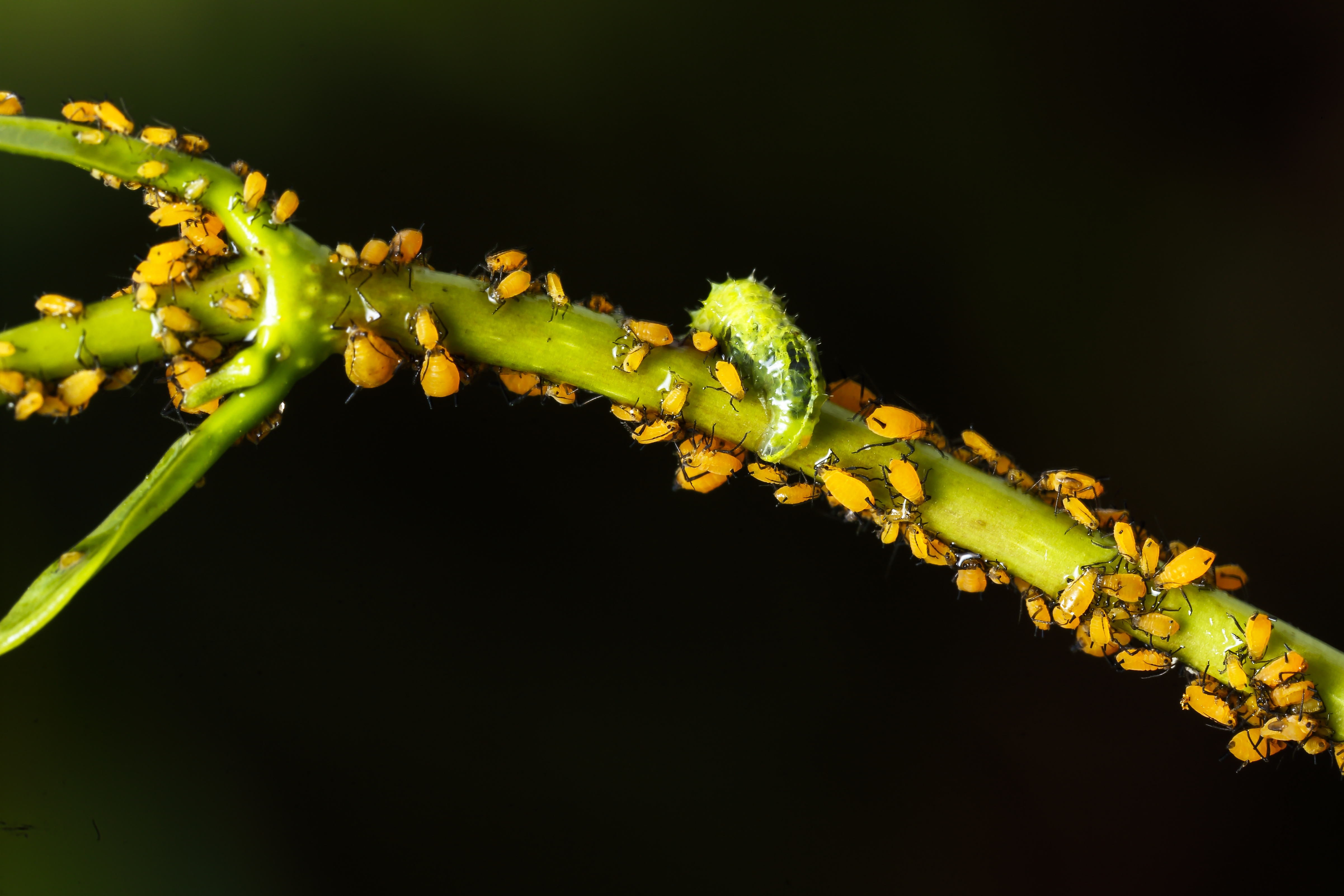
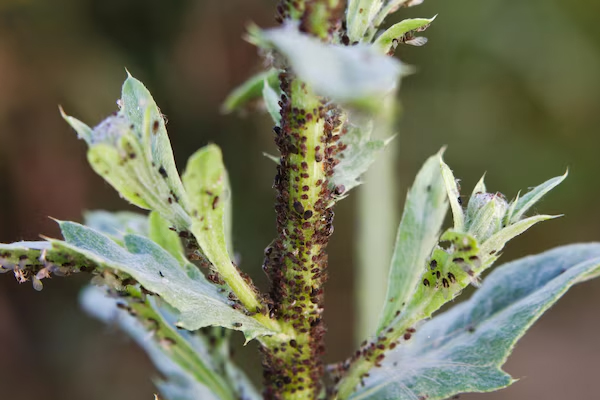
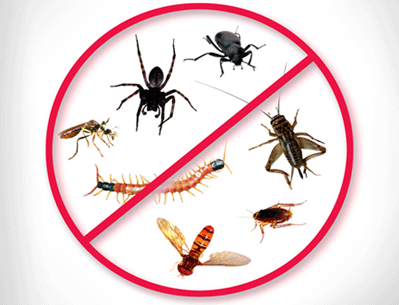
Fungal diseases – the invisible threat
Fungal diseases should also not be underestimated. They develop extremely quickly , especially in an environment with high humidity, insufficient ventilation and improper watering. The most common are:
- Powdery mildew – white coating on the leaves that interferes with photosynthesis;
- Root rot – leads to yellowing, wilting and death of the plant;
- Rust – brown spots that weaken the foliage;
- Gray rot – affects flowers and fruits, leading to yield losses.
Without timely intervention, the damage from these diseases and pests can be irreversible and lead to the loss of your entire crop.
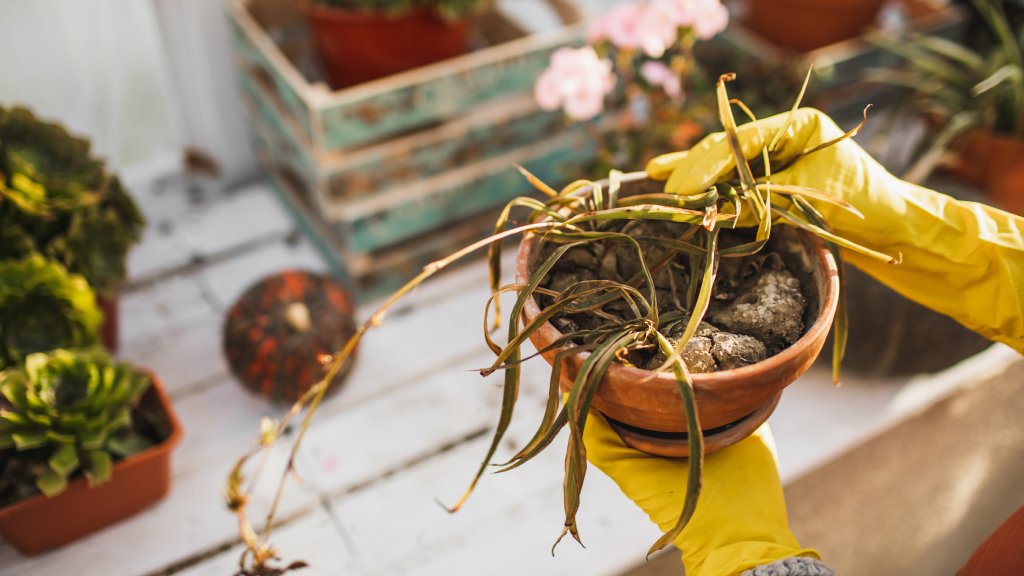
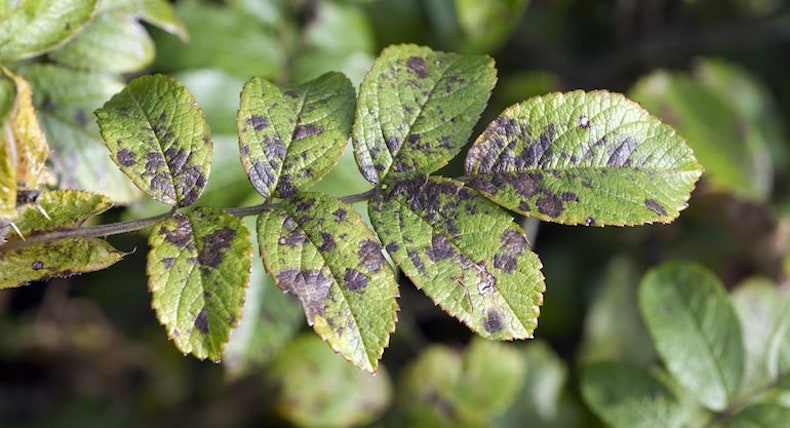
2. How to prevent the appearance and spread of pests and diseases?
The key to a healthy garden is prevention. One of the most important things you can do is to regularly inspect your plants. The sooner you spot symptoms like discolored leaves, spots, sticky surfaces, or deformations, the easier it will be to deal with the problem.
Here are some basic practices for a healthy and sustainable garden:
- Ensure good air circulation – especially when growing indoors.
- Water at the appropriate time - morning or evening - to avoid moisture buildup.
- Clean up fallen leaves and plant debris – they often contain pathogens.
- Practice crop rotation - this reduces the risk of disease accumulation in the soil.
- Mulch – straw or wood chips protect the soil and roots.
An interesting and environmentally friendly approach is to plant plants with repellent properties. Marigold, lavender, mint, basil, and garlic are excellent helpers in the fight against many insects, as their smell repels them.
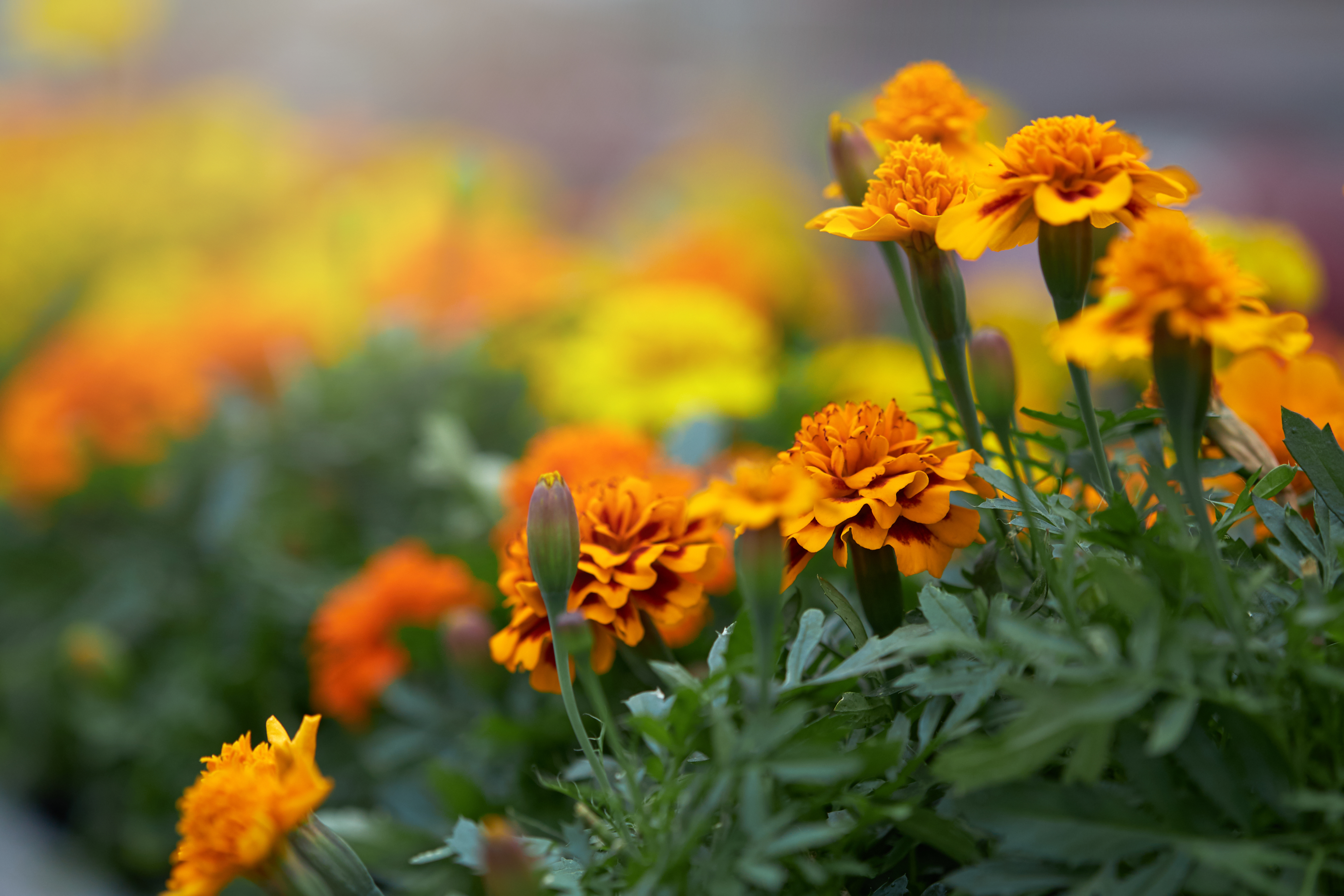

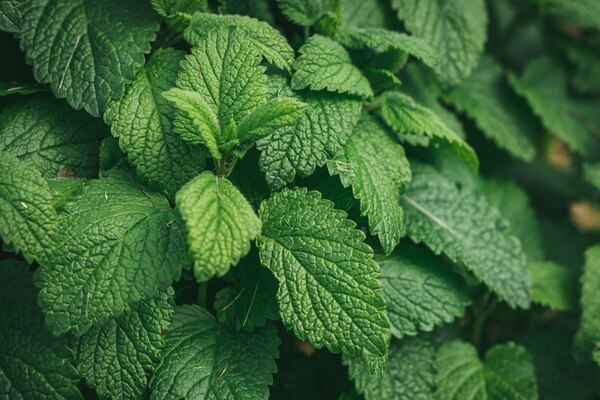
Last but not least, natural solutions have been proven effective in mild cases. Soapy water helps with aphids and mites, garlic extract acts as a natural insecticide, and vinegar solution can be used for mild fungal infections.
3. What preparations should we use when necessary?
When prevention is not sufficient, the use of preparations is necessary.
Insecticides – against insects
-
Contact – act immediately upon direct spraying;
-
Systemic – absorbed by the plant and provide long-lasting protection;
-
Organic options – friendly to the environment and beneficial insects.
TRABE Cordalene/ BIOTHUR 250ml -Product suitable for controlling the caterpillars of all pests of the Lepidoptera class (Lepidoptera, butterflies). Particularly effective for the leaf miner (Tuta absoluta), cotton bollworm (Helicoverpa armigera), etc.
A few hours after ingestion, the caterpillars stop feeding and become paralyzed and soon die. Each insect species has a different sensitivity to the product.
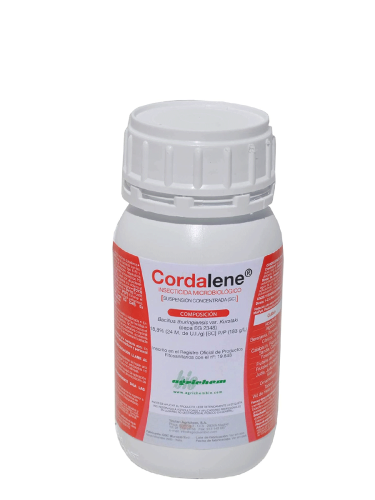
Fungicides – against fungal diseases
-
Contact – remain on the surface of the leaves;
-
Systemic – penetrate the plant tissues;
-
Rotate different formulas to avoid fungal resistance.
Muskaria 60ml - a polyvalent organic product for natural resistance that fights several types of fungal diseases, including powdery mildew and rust. Not only will the plant and leaves regain their health much faster, but with the correct use of this product, you will also see increased vegetative growth and increased resistance against new attacks!
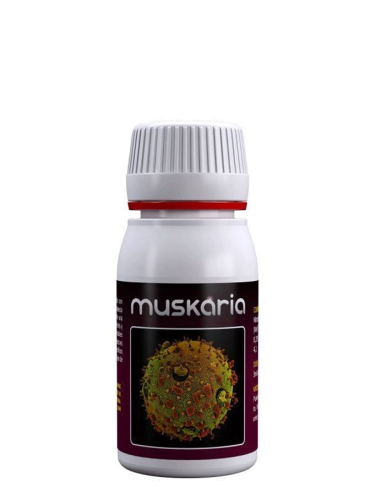
Biopreparations – a natural alternative
If you grow organic crops or avoid chemicals, you can use:
-
Neem, tea tree, citrus oils ;
-
Preparations with beneficial bacteria and microorganisms ;
-
Biofungicides and bioinsecticides approved for organic farming.
Rogis Wonderspray 500ml - organic insecticide and fungicide spray - This mix of substances from various natural oils significantly reduces the appetite and reproductive functions of insects (they do not eat more of the treated plants) and prevents the development of larvae.
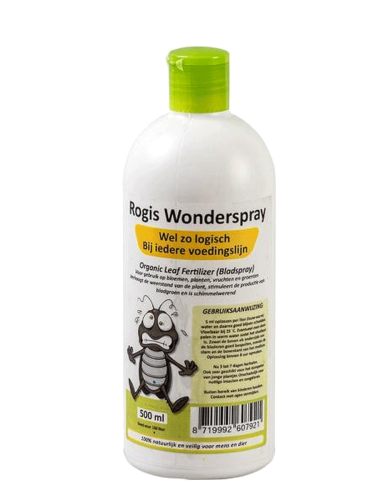
And our Best Seller - Neudorff Spruzit 500ml - Natural product for foliar application, fights all types of insect infestations throughout the entire process. Eliminates eggs, larvae and adults of aphids, whiteflies, cicadas, caterpillars and mites, thrips, grasshoppers, beetles, larvae, etc.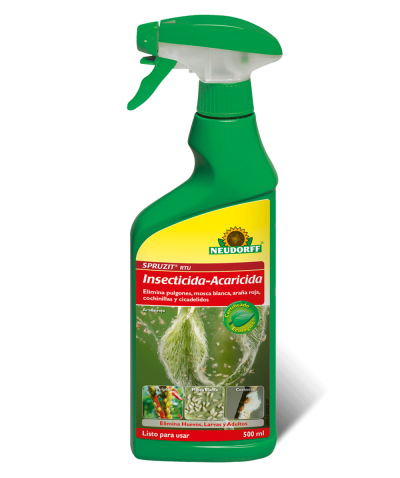
A healthy garden is the result of constant care, monitoring, and timely action. Combine preventive measures with natural methods, and if necessary, use effective and gentle preparations. This way, you will enjoy lush greenery, beautiful colors, and a rich harvest - free of pests and diseases.
Check out our other pest control products HERE and deal with pests today!
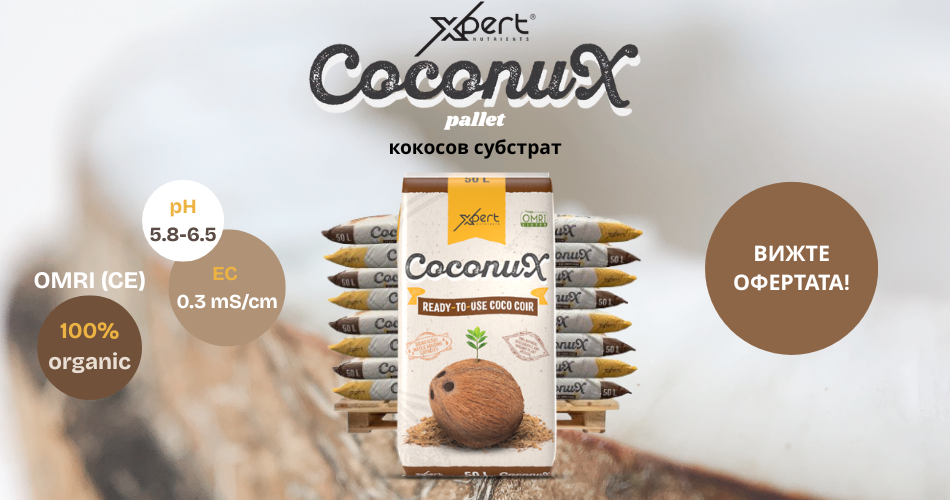

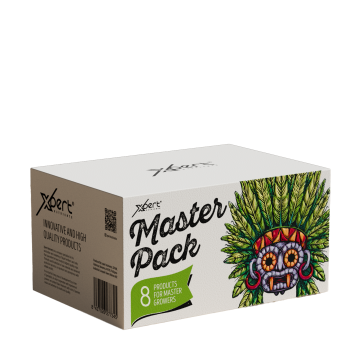
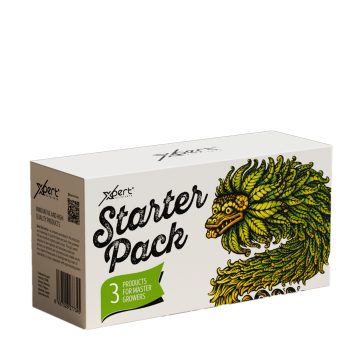
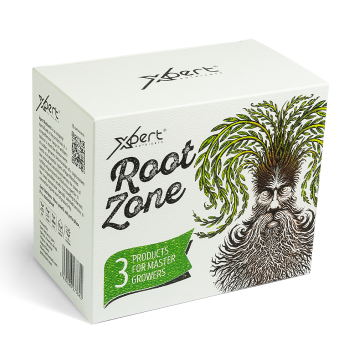
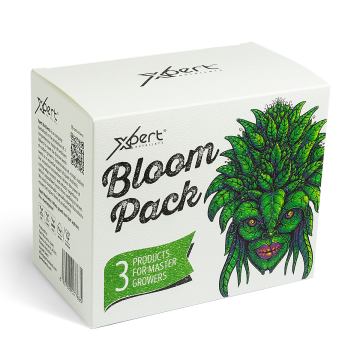
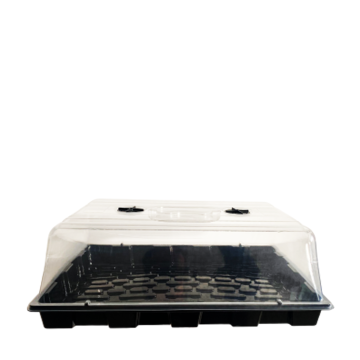
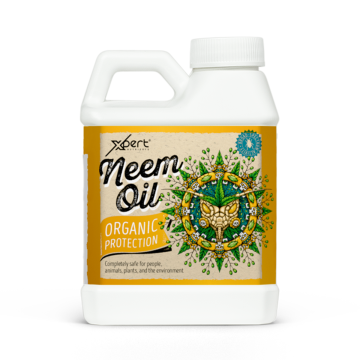
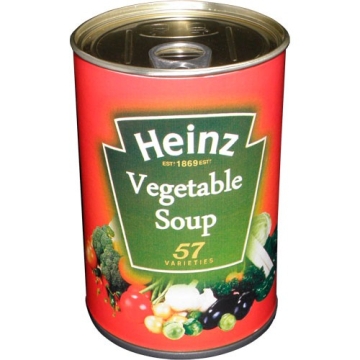
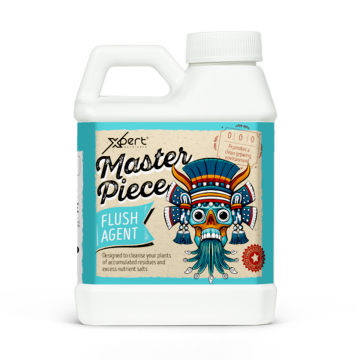

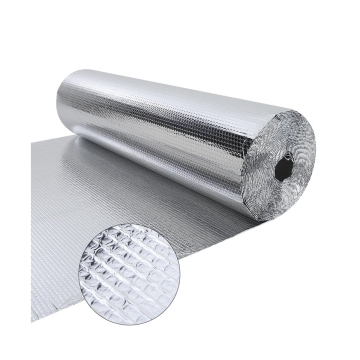
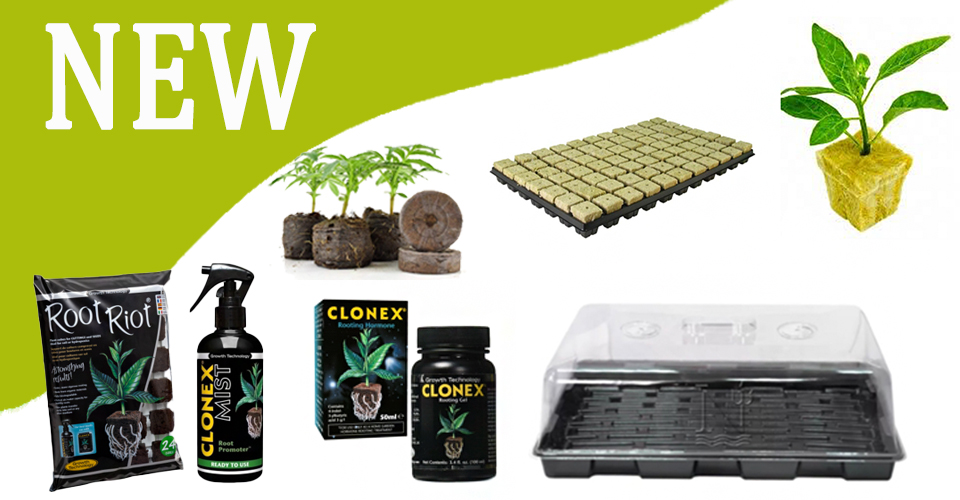
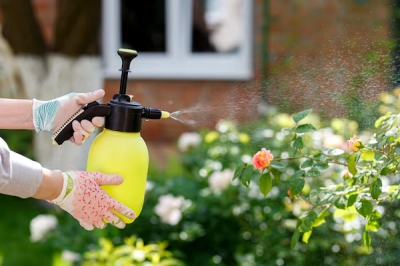
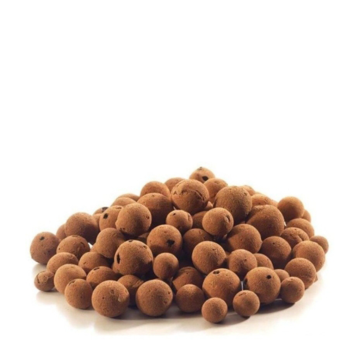
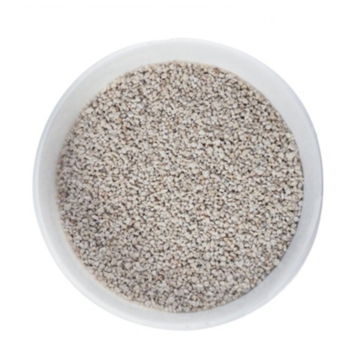
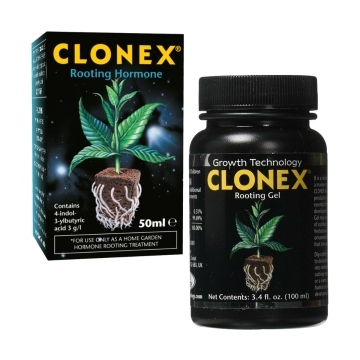
Post comment